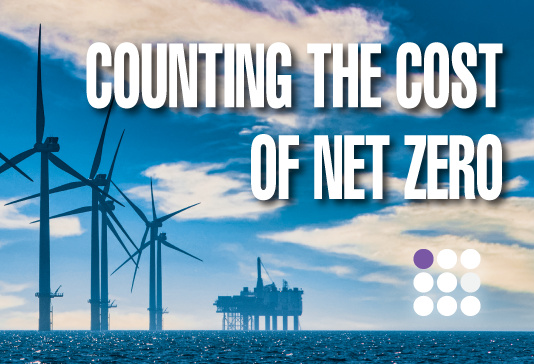
The legal requirement for all listed companies to disclose their strategy to achieve net zero by 2050 is expected to be brought in as early as 2023 meaning companies need to be addressing this immediately. The rules are expected to include oil and gas companies although some believe there will be exemptions.
So how will companies meet the new requirements? The Government have said this needs to be “meaningful” not just words so human resource will need to be allocated to meet these new requirements and at what cost? Presumably this will benefit a number of “green” consultants but adds another layer of cost on businesses trying to recover from the pandemic.
We also learnt last week that Kenya are on target for their power generation to be carbon free by 2030 so the move to renewable energy is achievable, but Mark Carney former Bank of England governor and now UN climate envoy said there is insufficient investment in renewables and that “there is no green switch we can flip and move from being economies where four fifths of global energy is supplied by fossil fuels and overnight become 100% supplied by renewables”.
The current Bank of England governor Andrew Bailey says that the transition to net zero "could lead to permanent price level effects", that we have to "understand and deal with". Mr Bailey said people should "understand that this is the transition path we have to do".
What does he mean by this? Our interpretation is that the cost is going to be passed to us – the consumer. Bailey went on to refer to the recent huge hike in gas prices, suggesting that the world is already moving away from coal into cleaner natural gas and that the price increase is down to the basic economic principle of supply over demand.
It is difficult to see how the move to renewable energy will not come at a cost to consumers and the talk this week suggests that this is no longer something in the future that we need not worry about just yet.
The Bank of England cut both their wage and GDP forecasts but are still forecasting inflation to hit 5% next year which sadly means, as we have said before, the outlook for us all is not good.
Original article l KeyFacts Energy: Commentary
 KEYFACT Energy
KEYFACT Energy